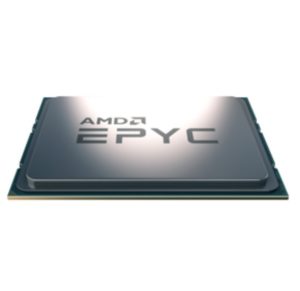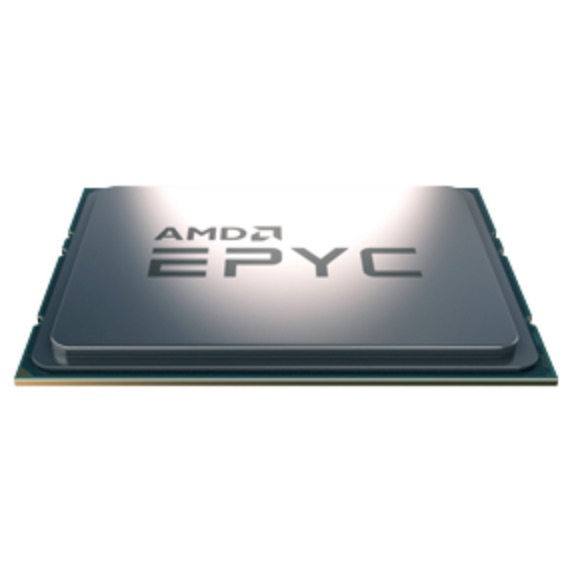 Today Google Cloud announced the beta availability of N2D VMs on Google Compute Engine powered by 2nd Gen AMD EPYC processors. The N2D family of VMs is a great option for customers running general purpose and high-performance workloads requiring a balance of compute and memory.
Today Google Cloud announced the beta availability of N2D VMs on Google Compute Engine powered by 2nd Gen AMD EPYC processors. The N2D family of VMs is a great option for customers running general purpose and high-performance workloads requiring a balance of compute and memory.
Cloud providers and hosters around the world recognize the fantastic core scaling, massive memory bandwidth, impressive TCO savings and record setting performance of the 2nd Gen AMD EPYC processors,” said Forrest Norrod, senior vice president and general manager, Datacenter and Embedded Solutions Business, AMD. “AMD and Google have worked together closely on these initial VMs to help ensure Google Cloud customers have a high-performance and cost-effective experience across a variety of workloads, and we will continue to work together to provide that experience this year and beyond.”
N2D VMs are designed to provide customers with:
- High-performance 2nd Gen AMD EPYC processors that provide greater flexibility for customers to choose the best VM for their workload and up to a 39% performance improvement on the Coremark benchmark versus comparable N1 instances while offering a savings of up to 13% over comparable N-series instances
- 128 and 224 vCPUs configuration options that offer up to 70% higher platform memory bandwidth compared to existing comparable VMs in the Google Compute Engine catalogue for HPC workloads requiring high memory bandwidth
- Access to higher platform memory bandwidth and higher core counts, leading to a 100% performance improvement on a variety of benchmarks, including Gromacs and NAMD, compared to n1-standard-96 vCPUs
AMD EPYC processors power more than 120 VMs types from cloud providers and hosters around the world giving end customers access to powerful, cost effective and flexible use VMs.
The beta N2D VMs on Google Cloud Platform are available in us-central1, asia-southeast1, and europe-west4, with more regions on the way.




